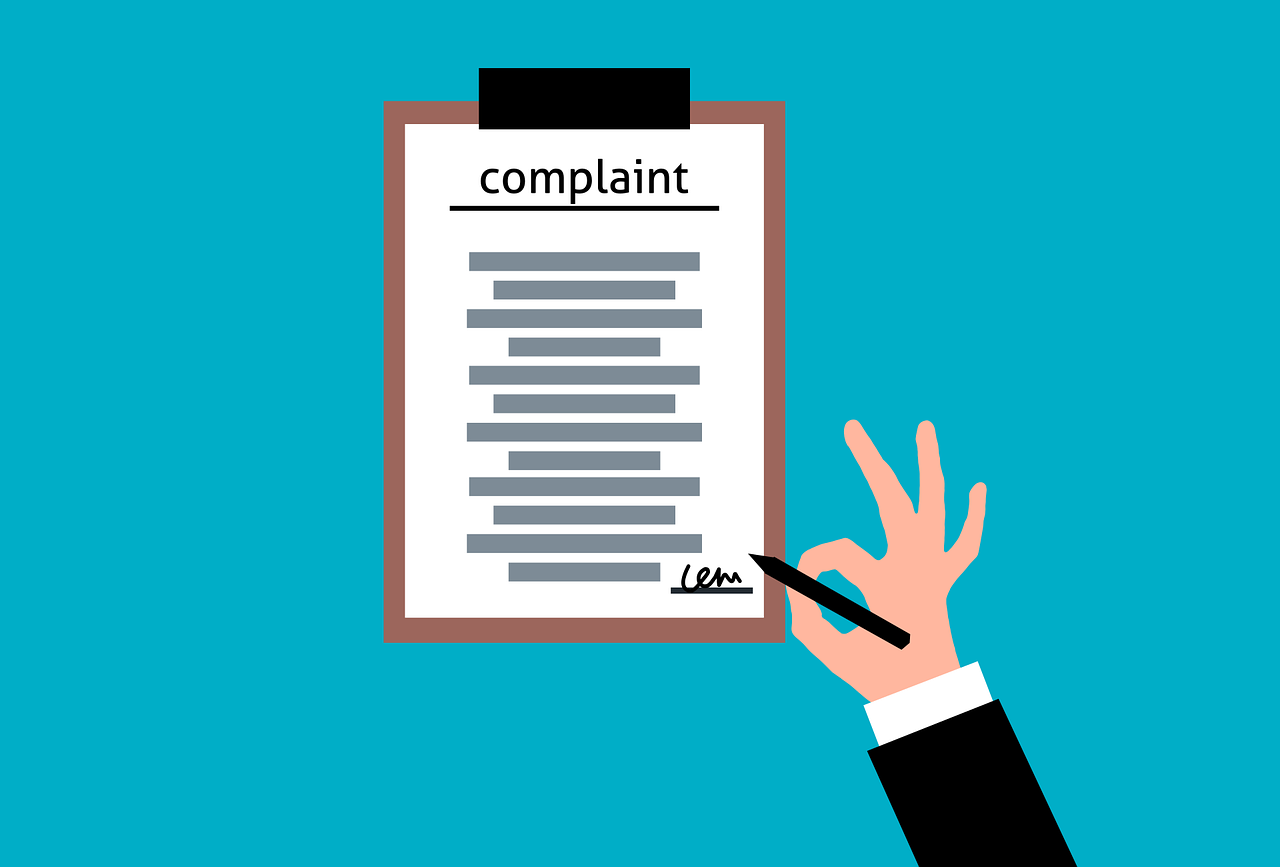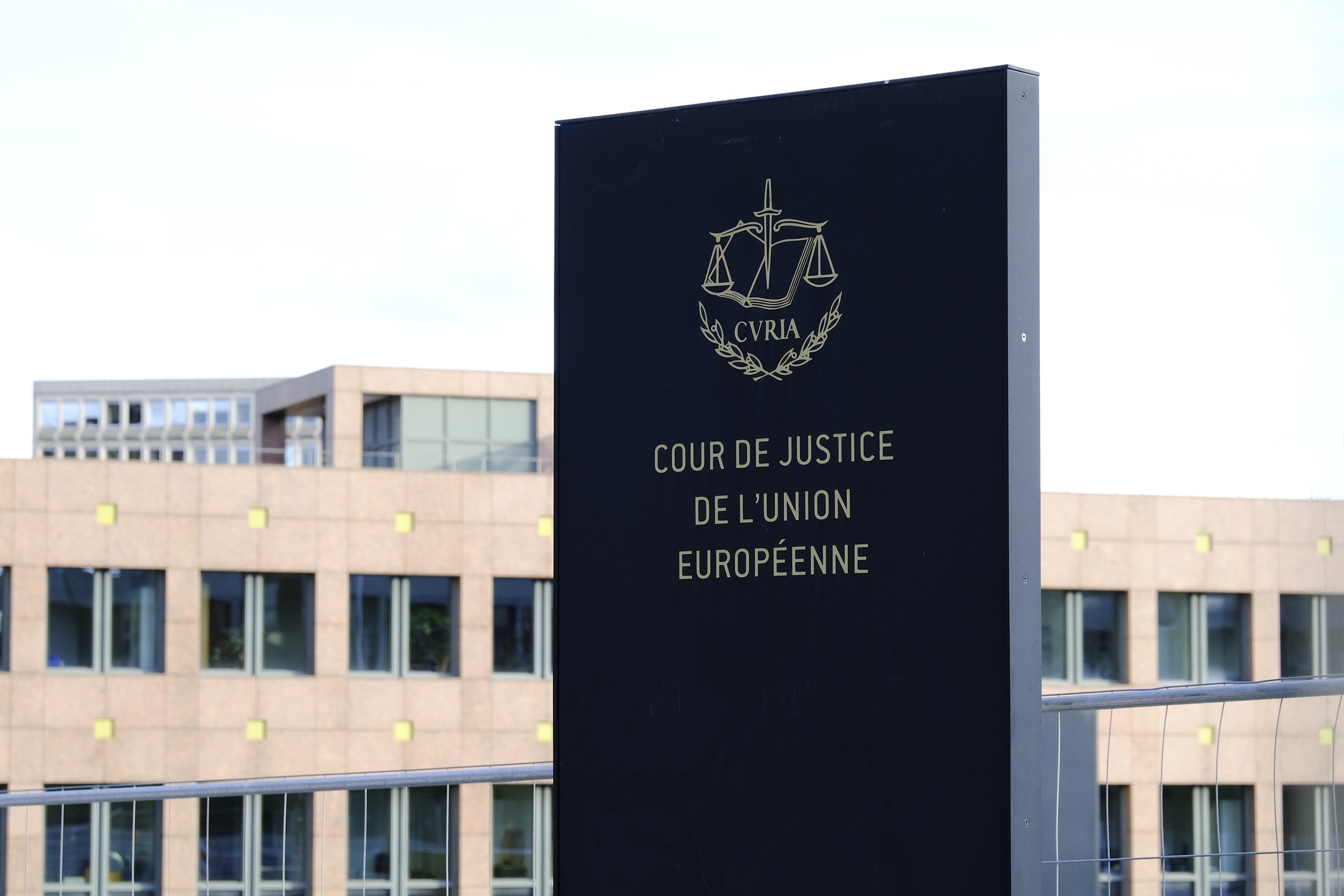On 1 January 2019, the Netherlands Commercial Court ("NCC") has opened its doors regarding international commercial disputes in the English language. Due to its third judgement last Wednesday 4 March 2020, we would like to use this opportunity to reflect on the main goals and the benefits of the NCC and relevant developments. With the creation of the NCC, it is possible to resolve your international business disputes in a swiftly and efficient way.
The NCC is part of the Dutch court system, more specific the Amsterdam District Court. As part of the Dutch court system, the NCC judgements can be executed throughout the European Union without a third-party intervention. The NCC applies Dutch procedural law and the NCC Rules.
Purpose and applicable law
The purpose of such a court is to meet the needs of internationally operating companies which are involved in complex disputes, by giving the possibility to litigate in the English language. A lot of those internationally operating companies find the Dutch judiciary appealing because of its reputation. The reputation of the Dutch judiciary is that it is ranked among the most efficient, reliable and transparent worldwide.
Benefits
The court fees are fixed, which allows parties to make a due consideration before initiating proceedings. Although the fees are steep in relation to ‘normal’ proceedings it should be noted that the pro’s may outweigh the cons in respect of expertise, running time and English as the main language. The NCC is positioned as a less costly alternative to arbitration and a better alternative to normal national proceedings.
The processing time of NCC proceedings is short; no more long-running cases. This is proven by the fact that the NCC gave its first judgement on the 8th of March 2019 which shows that the first case has been concluded within 2 months.
The judges are experienced in the adjudication of complex disputes which increases the efficiency of such proceedings. In addition, the judges are impartial, independent and native English speakers.
Another benefit of the NCC is the ability of appeal at the NCCA. This court is also highly specialized and bears close resemblance to the NCC in terms of organization. The ability of appeal while maintaining the advanced features of the NCC is also a huge benefit when compared to arbitration.
Furthermore, the NCC has the ability to decide that the losing party will bear the fees and expenses of the other party. As the successful party you will be compensated in the costs made.
Response
In response to the first cases handled by the NCC, reactions were absolutely positive. The features that were highlighted were: ‘professionalism, speed and the quality of judges and decisions’. Another lawyer noted that the court was both ‘responsive and flexible, and was able to address all the relevant issues’.
Questions
The first year also yielded some ambiguity on the subject of the types of cases the NCC specializes in and the need for a lawyer who is registered at the Dutch Bar.
The issues were clarified by several statements. The jurisdiction of the NCC is quite broad. An issue must be a civil or a commercial matter. Contractual disputes, claims in tort, property disputes as well as intellectual property, and corporate matters all qualify as being civil or commercial. Only an exclusive jurisdiction may prevent the NCC of being not entitled to adjudicate.
In addition, the NCC clarified that lawyers who are a member of the bar in EU or EAA Member State or Switzerland, can perform the same duties as a Dutch lawyer, on the condition of working in conjunction with a Dutch lawyer. Visiting lawyers from other jurisdictions may be allowed to speak as well but are more restricted in performing duties than the group of lawyers from the EU.
Please feel free to contact Ton van Oosten (ton.van.oosten@dvan.nl) (partner litigation) if you have any questions regarding the NCC or you are considering to start proceedings before the NCC.



